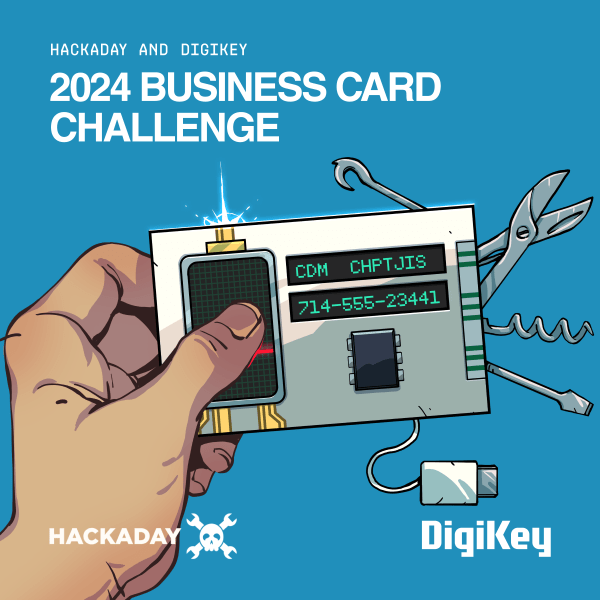
The 25th Chaos Communication Congress is underway in Berlin. One of the first talks we dropped in on was [script]’s Solar-powering your Geek Gear. While there are quite a few portable solar products on the market, we haven’t seen much in the way of real world experience until now.
[script] selected a four segment folding solar panel after some research. He pointed out that solar is currently more of a necessity technology than money saving since the panels can be very expensive. For connectors, he recommended ones that were safe, polarized, and difficult to short, like the RIA connect 230 series he used. Most of the device plugs were easily purchasable, but some had to be salvaged from old AC adapters. A key component of his setup was the adjustable voltage regulator. It’s based on the LTC3780 buck-boost controller which is 98% efficient and can be adjusted from 4V to 25V.
[script] covered some of the problems he ran into in use. The first was an Nokia that refused to charge until a resistor was added to reduce the current delivered. Less sensitive devices like portable peltier fridges will work without any issue. For laptop use, he ran into problems with demand spikes killing the power delivery. He added a large cap normally used in car audio systems to make power delivery more consistent. Laptops can consume as little as 15W during normal use, but when they’re charging the battery, the draw can jump to 50W. On his ThinkPad, he was able to turn off charging to prevent this. He monitored the performance of the panel by building a Kill A Watt style device using an ATmega8 to measure current and voltage and log it to EEPROM.
In conclusion, [script] stated that he was happy with his experience, but that it was still impractical to use the portable panel in anything other than direct sunlight.
















I first found out about the Congress with some random Google-ing and stumbled across a lot of videos from last year. Anyone know when and where these videos may be available for this meet?
@anonymitee watch this page http://events.ccc.de/congress/2008/wiki/Conference_Recordings They should start showing up within 24hrs. CCC is very good about documenting this stuff.
Most gadgets are fairly forgiving on voltage, but not amperage. If they were a bit more flexible in both areas, then solar would be a good alternative. personally, I’d like to see more phones with solar built in. a trickle charger could go a long way.
bigd145
How much sun does your phone get? Most of the people I know keep their phones in their pockets and the phone only sees light when it’s being used. Not enough to charge anything. Maybe enough to lower the power being used from the battery and earn it a nice label of “green phone” but aside from that it probably wouldn’t be useful.
Yea, but if they had that option, people would find ways of using it. even if they didn’t, it could come in handy for those times when you don’t have your regular charger. leave it in the window for a few hours and you can make a call or two.
The CSIRO in australia invented a cheaper solar panel which is not made from silicon. In their wisdom they sold the patent to a German company, which hopefully, will market the cheaper panels world wide. The Company is Dyesol, and there inan international conference in 2009. Their website is easy to find
icefox
My phone gets set on surfaces all the time. It wouldn’t take much for me to toss it on my windowsill during the day. If I’m out and about, a shirt pocket would work well. It’s certainly not pitch black in there. For more active people, a hat with panels would work best.
phones with solar panels is a must. what if you’re lazing about on the park or beach in the blazing sun. you can easily charge it up.
After much solar experimentation, I’ve found the best form factor to be either the rechargable battery pack that can be left in the sun with the solar panel, or the battery pack with integrated solar panel.
These options are less theft prone, more weather resistant, and less location sensitive.
I think a removable cell phone battery with an integrated solar panel would be a winner.
I actually used the Ambigrid Plans to build a solar pales for under $100, as well as a solar water heater for less than $10! I can’t say enough good things about them!